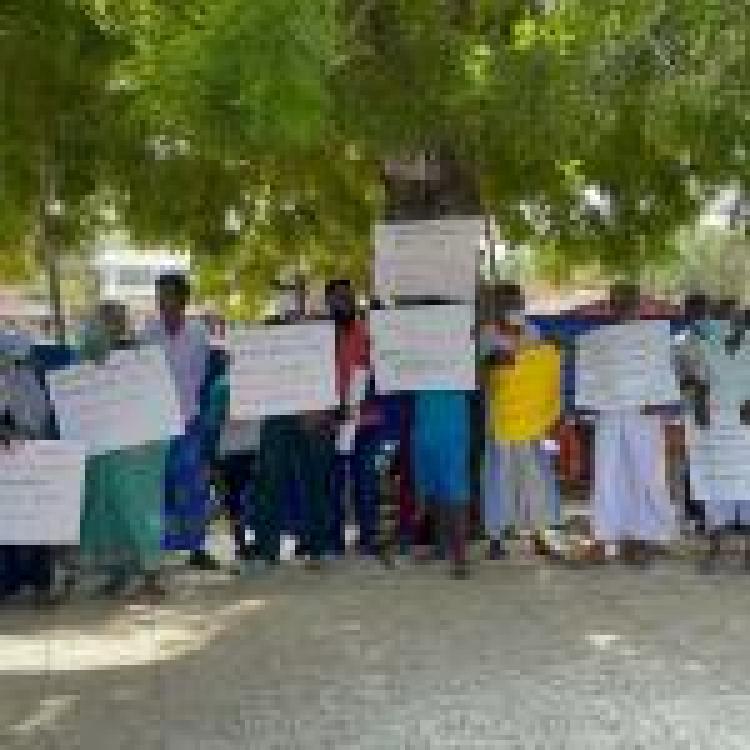Two fundamental rights petitions have been filed in Sri Lanka’s Supreme Court challenging the Adani Green Energy Wind power project proposed for Mannar. This is the third such petition to be filed against the project in less than a month.
The first case was filed on May 17 by the Wildlife and Nature Protection Society (WPNS), while the Center for Environmental Justice filed its petition on June 5. This petition has been filed by three environmentalists Rohan PEthiyagoda, Prof. Nimal Gunathilleke, and Prof. Sarath Kotagama along with Bishop of Mannar Rev. Fr. Bastian.
The petition has been filed under public interest, challenging the procurement and construction of the proposed 250 megawatts Mannar Wind Power project which was awarded to Adani Green Energy. The case names 67 respondents including the Cabinet of Ministers, the Sri Lanka Sustainable Energy Authority, the Central Environment Authority, the Attorney General, and several others.
The petition has raised concerns about the credibility of the Environmental Impact Assessment (EIA) of the project along with procedural issues in awarding the contract. The negotiated tariff is also questioned which is set at USD 8.26 cents per kilowatt hour for 20 years since the EIA was based on a cost of USD 4.6 cents. The petitioners have sought relief from courts adding that the awarding of the contract is wrongful and any further action is illegal.
Meanwhile, a heated discussion took place at the District Coordinating Committee meeting in Mannar. Several individuals raised their concerns regarding the construction of the wind power project and illegal sand mining. The residents asked the committee to intervene to which the chairpersons of the committee responded by saying that the contract was already awarded.
The meeting was chaired by Minister of State Kadar Mastan, while members of Parliament Selvam Adaikkalanathan, Charles Nirmalanathan, K. Thileepan were present during this meeting. Residents called out the committee stating that while they were given assurances this could be taken up in parliament, no such discussion had transpired thus far.

.JPG)
.JPG)
